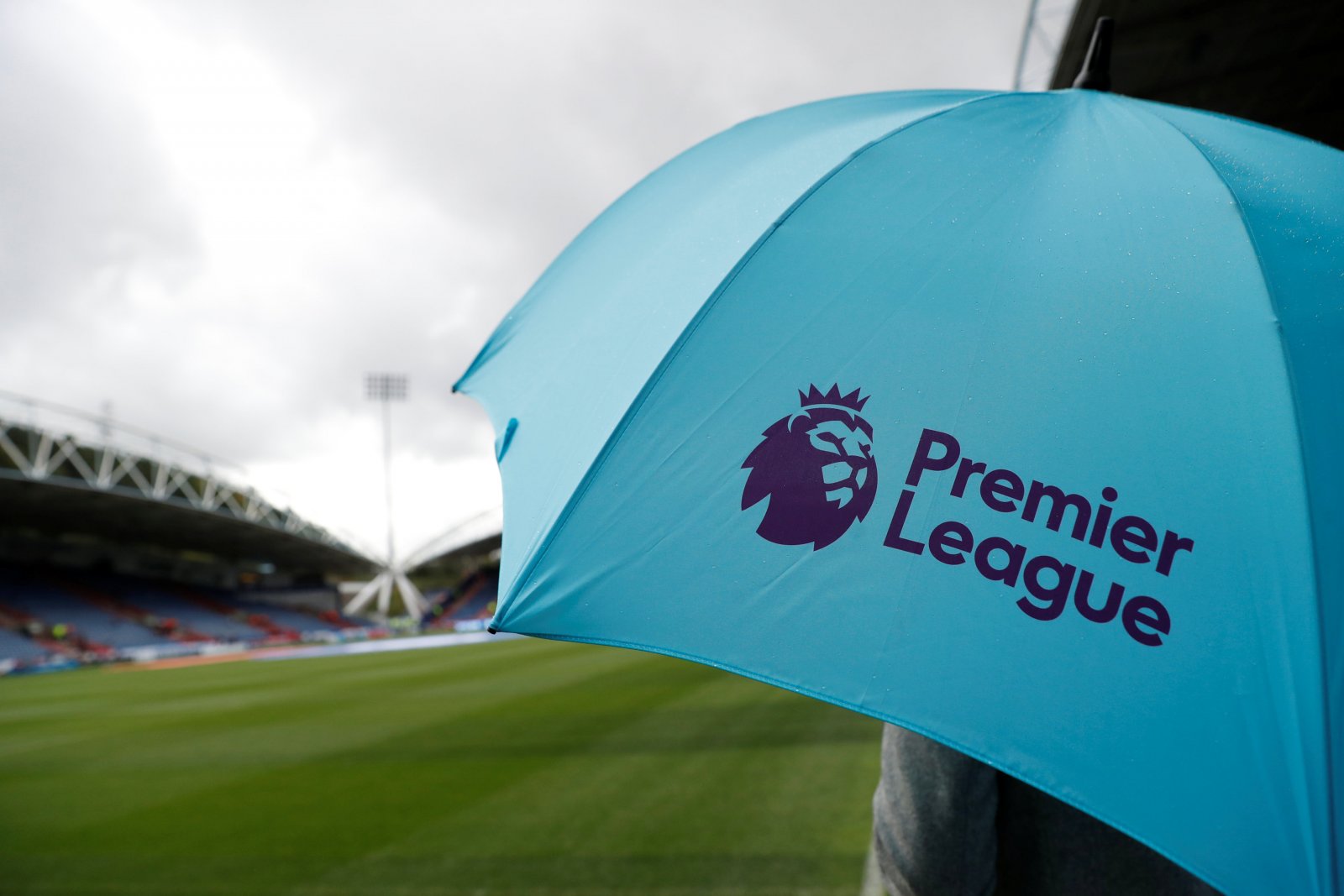Sport is embracing on-demand content, but how far can that go?
If you’re a sport nut like me, you’ll be spending your free time gorging on as much as you possibly can; this time of year rarely lets you down.
Football is a staple of the diet, with the Premier League and Champions League in recent days and the FA Cup quarter finals this weekend. But other treats pop up more often now that the spring is here: from the Six Nations – the end of which, at the weekend, will herald the home stretch of the club game – to the build-up to golf’s first major of the year, in under a month’s time at Augusta National. This year is also a World Cup year, we’ve already had the Winter Olympics and there’ll be a Ryder Cup before the year is out, too.
There is, frankly, too much to feast on and some will have to fall by the wayside. You can miss the latest Netflix thriller, but you can miss sport. And unfortunately sport doesn’t lend itself to catching up at a later time. Avoiding the score is difficult and most don’t want to do it anyway.
We may never have an on-demand structure for consuming sport and frankly it’s probably undesirable anyway. A weekend of league games, for example, isn’t like an episode of a series you can’t miss if you want to stay in of the loop. The story continues and you’ll catch up quickly.
But what has changed is the fact that you no longer need to wait for certain regular intervals in order to get your sports fix. Just because the game isn’t on doesn’t mean you can’t watch an on-demand video, listen to a podcast or search Twitter or Facebook for some sort of content, be it from a publisher, a team or a league.
That’s the sort of on-demand area that sport is naturally inclined towards, and one that will only grow.
And yet that also throws up a dilemma for the future, one that might well become very real with the advent of Facebook Watch for a worldwide audience and the lumping-together of the social media platform with the likes of Amazon and Netflix when it comes to sport. What it might do is, instead of favouring passive content that people will watch or listen to whilst scrolling through their timelines, it might ensure that content is more geared towards longer-form methods of consumption.
That probably doesn’t mean hour-long documentaries or podcasts, but it might mean content that is planned into your day rather a distraction that keeps you scrolling down the newsfeed for hours.
That’s probably a good thing overall, but for sport it’s an opportunity. We’ve already seen how podcasts are on the rise and how documentaries, both in terms of social media video and with the likes of Manchester City, Juventus and La Liga teaming up with creators like Amazon and Netflix.
Sport has never really been part of the on-demand landscape, but now we’re seeing a change in that. It’ll be interesting to see just how far that goes.
About author
You might also like
The seven essentials for achieving successful sports branding
By Daniela McVicker When it comes to sports, great branding is a must. Your brand influences how people see your company or team. It helps you to forge connections with
Live Chat: A New Social Experience in Sports
Article written by John S. Kim, CEO and co-founder of global API company SendBird Social media rose to prominence throughout the world due to its potential for connection. Social channels provided the
Snack Media’s Football Content Campaign’s Review: February
By Mike Constanti This series, in partnership with Snack Media, will look at the best football campaigns from advertising to social media on a monthly basis, as Digital Sport evaluates how









